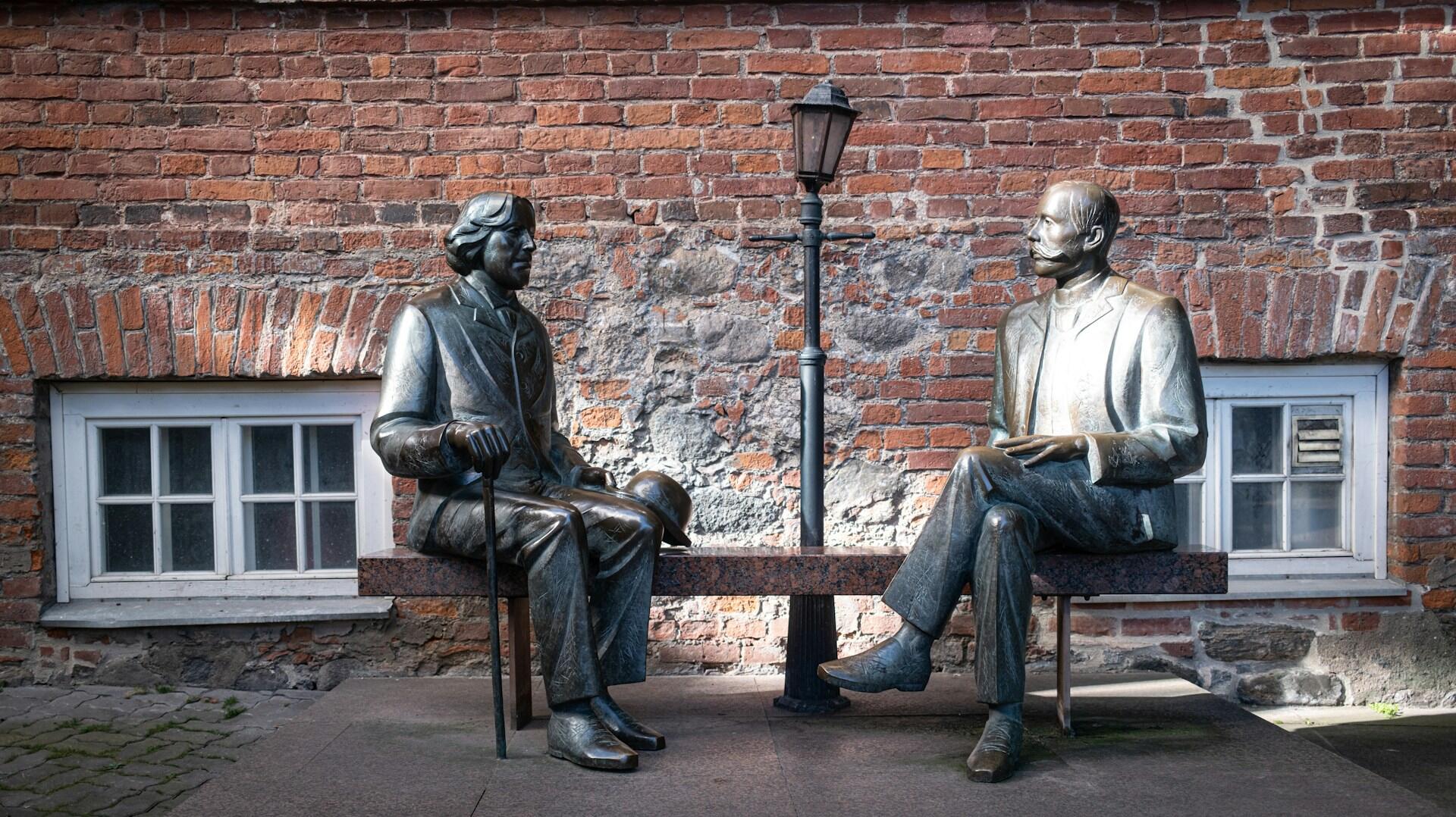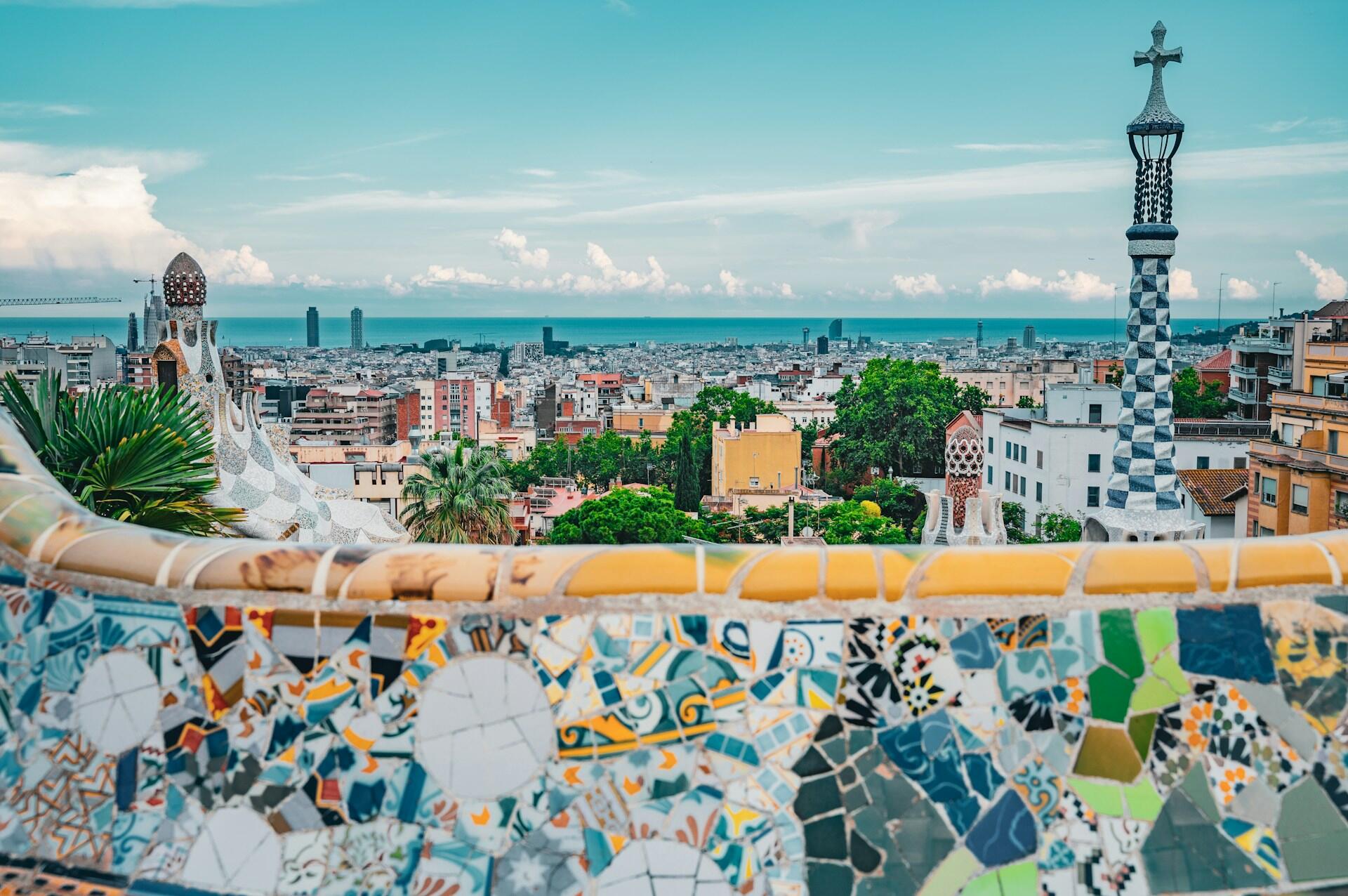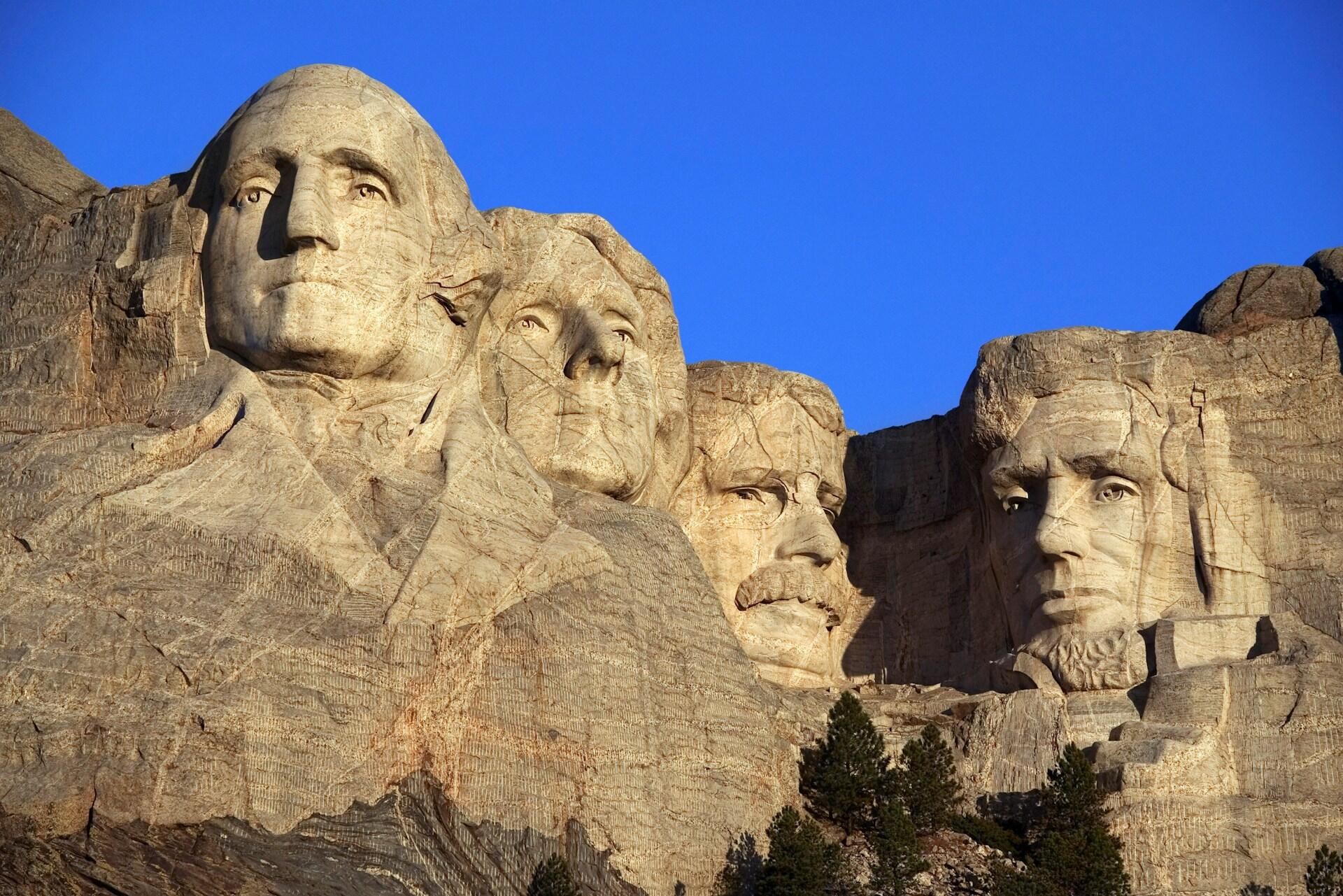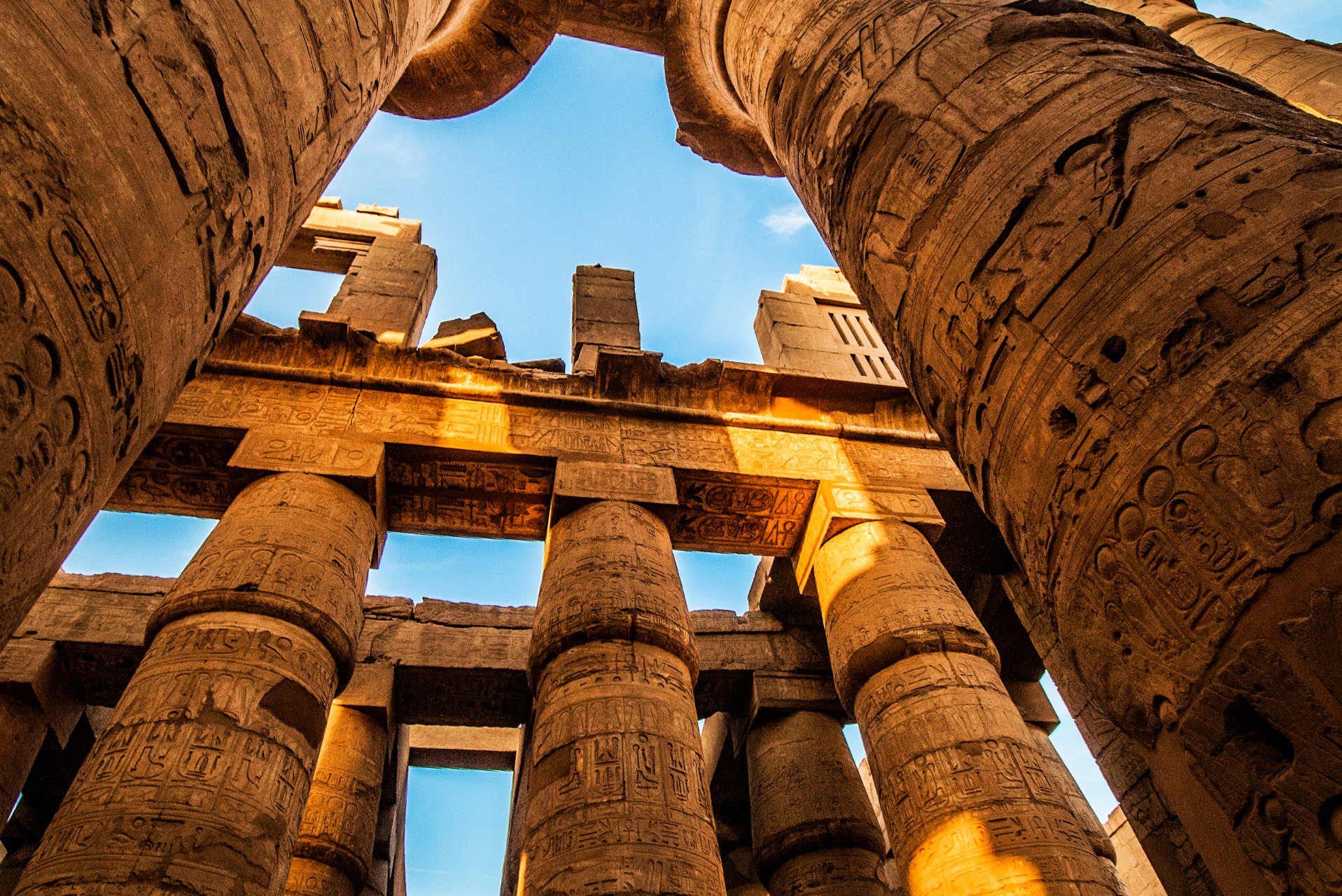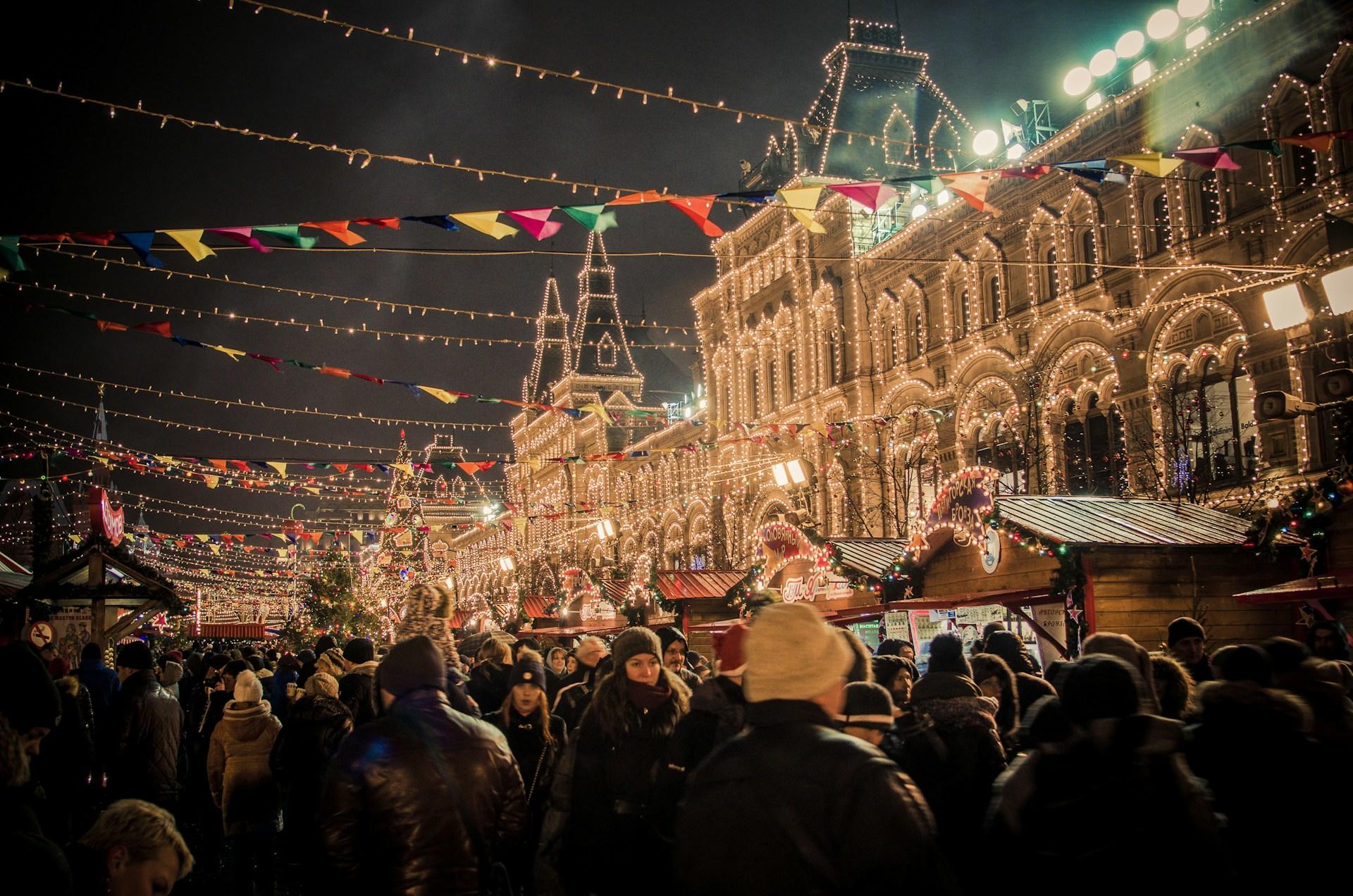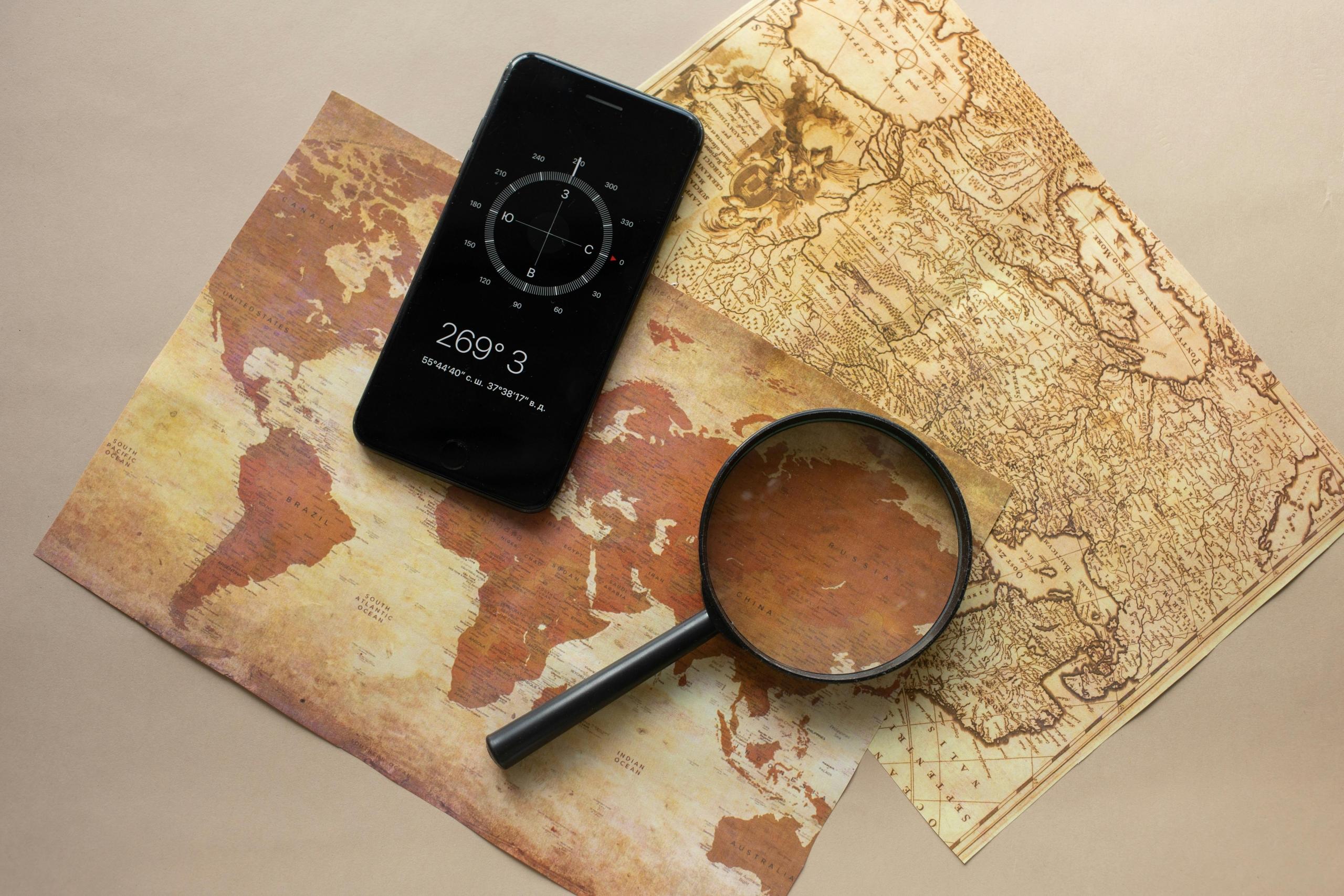Although it was not the first movement to try to establish a republic in Brazil, the Republican Coup marked the end of the monarchy in the country and the beginning of the republican regime. Even though it took place more than 130 years ago, the Proclamation of the Republic is today one of the most important dates in our history.
How much do you know about it? Take our quiz!
Quiz
Quiz :
The Proclamation of the Republic: its importance in Brazilian history
The Republican Coup wasn't the first time people tried to start a republic in Brazil. By the late 1800s, the Brazilian monarchy had a lot of problems. Many landowners and business leaders were unhappy because the emperor had too much power.
At the same time, the Brazilian Army grew stronger after the Paraguayan War and became more involved in politics. The army was also more critical of the monarchy, which helped push the idea of a coup. In 1888, Princess Isabel signed the Golden Law, which ended slavery. This upset the ruling class, who relied on slaves for labor and felt it hurt them financially.
Republican ideas were spreading in Brazil, influenced by new political ideas and by the republics that had been set up in other Latin American countries and the United States.
The Golden Law, signed by Princess Isabel on May 13, 1888, abolished slavery in Brazil. It freed all enslaved people but provided no compensation or support, making Brazil the last country in the Americas to end slavery.
The Military Coup of November 15th
On November 15, 1889, even though Marshal Deodoro da Fonseca was sick, he rode into the center of Rio de Janeiro on horseback to lead the coup with army troops.
At the time, Rio de Janeiro was the capital of the Empire, and the atmosphere was tense but not violent. Even though Deodoro was personally hesitant to remove the emperor (he was a friend of Dom Pedro II), he was persuaded by the Republicans and their allies in the army.
The prime minister, Viscount of Ouro Preto, was removed from power without much resistance and was sent into exile with his family to Europe. The Republicans then declared the Republic at Campo de Santana (now called Republic Square), a place with strong military and political meaning.
This event marked the beginning of a new period in Brazil's history, known as the Old Republic (1889-1930). During this time, the government was controlled by powerful groups from the states of São Paulo and Minas Gerais.
The Proclamation of the Republic is a key moment in Brazilian history and is now celebrated as a national holiday.

Long-term impact for Brazil
The Proclamation of the Republic naturally had a profound impact on Brazil, laying the foundations for the political system that has prevailed to this day. However, many of the problems that existed under the monarchy - such as social inequalities and the concentration of power in the hands of a few elites - persisted during the Republic, resulting in various moments of political instability, such as coups d'état, revolutions and dictatorships.
The memory of the Proclamation of the Republic is celebrated today, and November 15th is a national holiday in Brazil. In many cities, especially Rio de Janeiro, there are civic-military parades and events that commemorate this historic moment.
Summarize with AI:

















